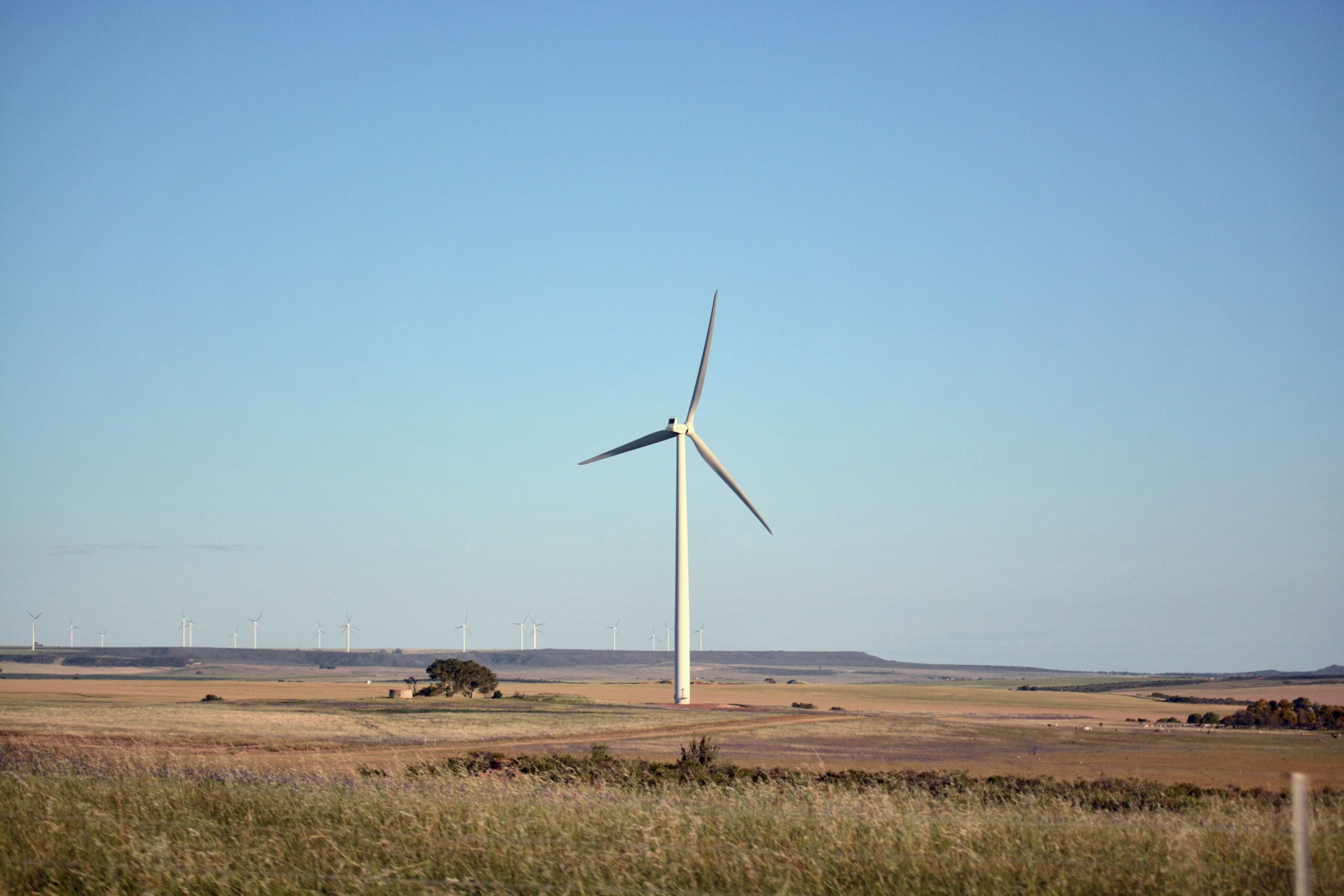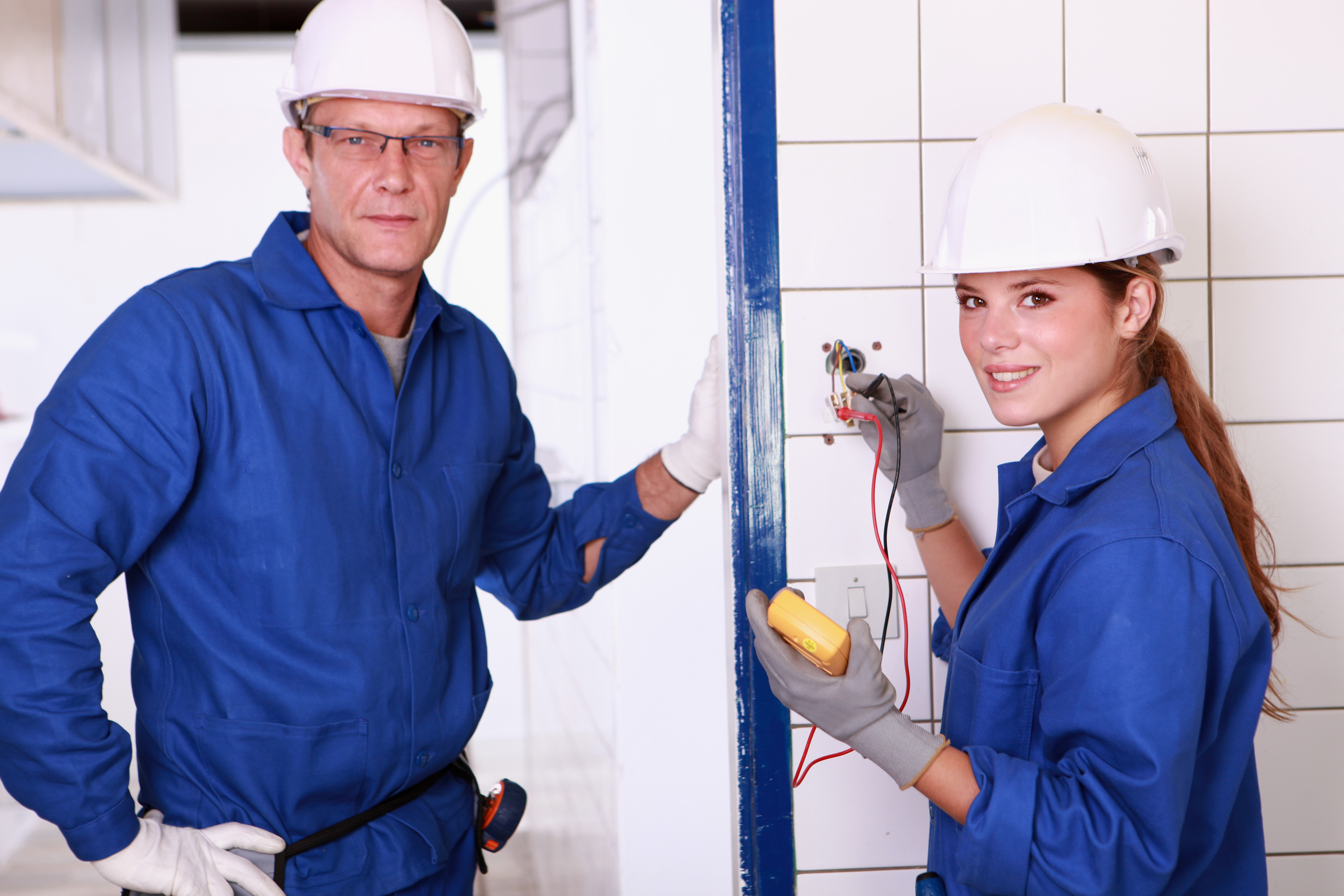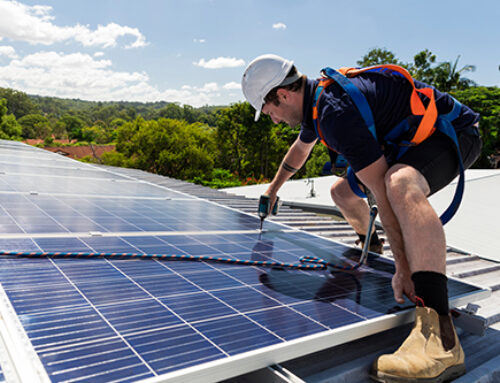Western Australia has taken a significant step towards a sustainable future by signing the Renewable Energy Transformation Agreement. This landmark deal promises to overhaul the state’s energy infrastructure, offering a multitude of opportunities for growth and innovation. The agreement is part of the Federal Government’s ambitious plan to add 32GW of renewable generation and storage across Australia by 2030, securing investment and streamlining processes for renewable energy projects.

The Renewable Energy Transformation Agreement is designed to eliminate the obstacles faced by developers, communities, and governments in delivering renewable energy projects. It aims to build a minimum of 6.5TWh of new wind and solar projects and 1.1GW of new storage in Western Australia. This initiative is crucial for maintaining grid stability and ensuring an affordable and reliable energy supply during peak periods.
The Western Australian Government has committed to retiring its state-owned coal-fired power stations by 2030. These will be replaced with renewable electricity generation and storage, ensuring reliability through the Reserve Capacity Mechanism. This transition represents a monumental shift in the state’s energy landscape, opening up numerous opportunities for those involved in the development and maintenance of new renewable energy infrastructure.
Practical actions and community engagement
Beyond infrastructure, the agreement emphasises practical actions to enhance community engagement and drive positive social and economic outcomes. This includes increasing First Nations participation, advancing skills and workforce development, and strengthening renewable energy supply chains. These efforts aim to create new training opportunities and cultivate a diverse and skilled workforce ready to tackle the challenges of renewable energy projects.
Federal Minister for Climate Change and Energy, Chris Bowen, highlighted the importance of this agreement, stating, “This is an important day for Western Australia and our partnership that’s delivering certainty and progress, and cheap, clean reliable energy to the market and to households.” Western Australian Minister for Energy, Environment and Climate Action, Reece Whitby, also emphasised the need for additional storage to firm wind and solar power during peak demand.
Not the first state to sign
While Western Australia is gearing up for its renewable energy transformation, South Australia has already signed a similar agreement, aiming to be 100% renewably powered by 2030. This agreement underscores the Federal Government’s commitment to funding and supporting renewable energy projects across Australia. South Australia’s agreement includes underwriting developers to build a minimum of 1000MW of new wind and solar projects and 400MW of new storage capacity. These efforts are expected to power all households in Adelaide, setting a precedent for other states to follow.
Boosting WA’s wind energy supply chain
In addition to the Renewable Energy Transformation Agreement, Western Australia has signed a collaborative agreement with the Advanced Manufacturing Growth Centre (AMGC) to enhance local participation in wind energy supply chains. The state government has committed $8 million to support local businesses in manufacturing and servicing wind turbine components. This initiative aims to unlock new opportunities for local manufacturing, creating jobs and strengthening the economy.
This program follows recommendations from an independent feasibility study by Aurecon, which highlighted the state’s advanced manufacturing capabilities and the need for government support to seize these opportunities. The program will provide financial and non-financial support for local businesses to upgrade their equipment and meet the standards required by original equipment manufacturers (OEMs).
The Pilbara’s EV maintenance hub
The Western Australian government has also supported the establishment of an innovative all-electric vehicle (EV) maintenance hub in Karratha. This project, led by Red Dog Renewables, aims to reduce the Pilbara’s carbon footprint by providing EV servicing and charging solutions. Supported by a $250,000 Regional Economic Development grant, the initiative includes a fleet of renewably charged rental electric vehicles and solar charging stations.
Regional Development Minister Don Punch praised the project, stating, “The establishment of this EV maintenance hub is a critical step in reducing our carbon emissions and supporting sustainable energy initiatives.” This hub not only creates jobs but also introduces new skills and knowledge to the local workforce, fostering the growth of a green energy economy in the region.
A future full of opportunities
The Renewable Energy Transformation Agreement and related initiatives mark a pivotal moment for Western Australia’s energy sector. These developments present a wealth of opportunities for those engaged in the state’s transition to renewable energy. From participating in large-scale wind and solar projects to contributing to local manufacturing and EV infrastructure, the future looks bright and promising.
As the state moves towards a greener and more sustainable future, various sectors will play a crucial role in shaping the new energy landscape. The collaboration between state and federal governments ensures that the necessary support and investment are in place, paving the way for a successful and impactful energy transformation.




